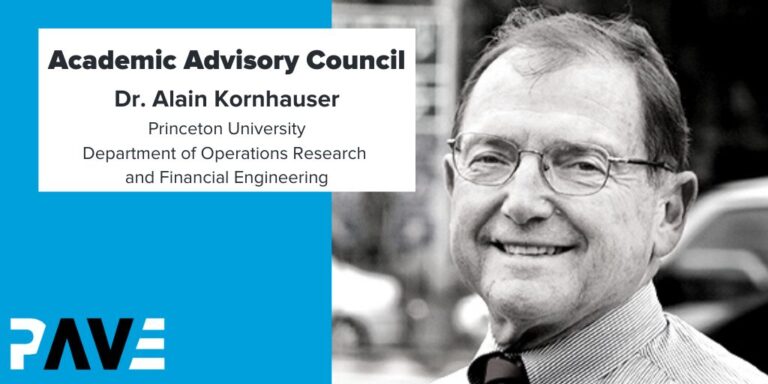About
A major portion of Professor Kornhauser’s professional and research focus has been centered on automated mobility systems. Starting with Personal Rapid Transit (PRT) in 1971 through to his current focus on what he terms Smart Driving Cars, his contributions have been many to both the details of the technology and its broader societal implications. For example, he made pioneering contributions to the optimal management of large fleets of vehicles and the fundamental design of deep-learning neural networks for the artificial cognition of the driving task. He has also contributed to better understanding of the broader societal implications of the technology to the mobility disadvantaged… those that for whatever reason don’t have access or choose to drive a personal car. He led the Princeton team in the 2005 DARPA Challenge and the 2007 Urban Challenge and has been the recipient of numerous awards. He is completing his 48th year as a professor at Princeton (50th overall). Besides his scholarly publications in traditional journals, he engages more broadly. He in his 8th year of producing the “weekly” SmartDrivingCar eLetter, produced over 150 SmartDrivingCar PodCasts, 4 Zoom-cast and is now developing live Zoom-inars focused on how best to bring this technology to market and best help societies around the world.
In other lives he has been a successful entrepreneur, avid summer softball player, complete duffer and finisher of 14 NYC marathons.
PAVE: What are current barriers you see in public acceptance of automated vehicles?
Our major challenge today is that there are too many things that we don’t know. We don’t even know many of the things that we don’t know. We need more experiences. We need better transparency. We need less noisy data that are free of unknown biases. We need to be honest with each other. We need industry and the public to work together, and NOT in completion, on improving the safety of these systems. Once these systems are perceived to be safe enough (benefits substantially outweigh the risks) the marketplace will take care of the rest.
Safety is an absolute necessary condition if these technologies are to become anything more than a pipedream. Since nothing can actually attain anything absolutely, the challenge becomes: how do we become safe enough such that society is more than comfortable that the benefits far outweigh the risks? Achieving this comfort level by both limiting what is expected of this technology as well as helping to have this technology achieve that comfort level is the central focus of my involvement in this technology.
 PAVE US
PAVE US PAVE EUROPE
PAVE EUROPE PAVE UK
PAVE UK

